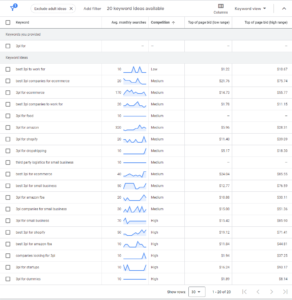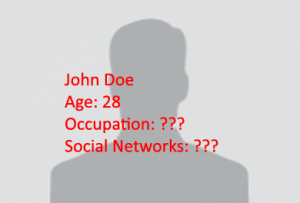The idea of Web2.0 has really infiltrated into every part of society. The real estate industry is no exception.
One aspect of the new web is a thing called a mashup. Basically, this is a combination of content and aspects of different sources that combines them into a new product. Often times they are also interactive. So, throw together GIS, Realtor.com, Google Maps and a dash of MySpace… and what do you get? A new site that is gaining a lot of traction called Zillow.com. It’s gained so much exposure that Fortune Magazine featured the site in their Feb. 19, 2007 issue.(see article below)
Following the characteristics of Web2.0 the site brings together aspects from various sources creating a user friendly interactive experience. People can find the value of their home, their neighbors, aunts, uncles, investments, etc… There is also a feature called “Make Me Move”, where you can post what it would take for someone to pay you off and move. The site could be quite useful tool to research a new neighborhood or town when you thinking of moving. The interface is very user friendly, quick and the maps are excellent.
I believe the site has potential, and is good for the average person, but it also has a few pitfalls. A very interesting aspect is that you can edit the value of your home. For example, if added a sun room or upgraded your kitchen. For me this is one of the most troublesome features. If everyone can access the estimate (or Zestimate as they call it on Zillow) of their house, what’s stopping them from over inflating the value. People fall in love with their homes and very often think it is worth much more than it actually is. Also, who’s to say that the person editing the estimate really owns the house. I don’t see any safeguards for this.
For investors there are other more pertinent sources out there. In many areas through GIS (click on link for an example) you can get better information: When the property was last sold and for how much. Who owns the property and if they live in it or somewhere else. Taxes, plots, etc.. Although there are also a few major drawbacks: The interface is not very user friendly and can only be used in Internet Explorer, plus the search function is not very intuitive. The GIS is also not available for property search in all areas. In these areas Zillow.com clearly stands out as the winner.
The bottom line is, zillow.com is a great example of where the web is going, but it is still in the early stages. (In fact it is still a Beta version) Unless some of the shortfalls are dealt with, I don’t think it will be the killer site that puts realtors or the GIS out of business. It has great potential for helping people when buying and selling homes, but on the flip side without knowing how the real estate market works and how value is judged, it could lead people astray.
Zillow has created a real estate revolution – February 19, 2007




